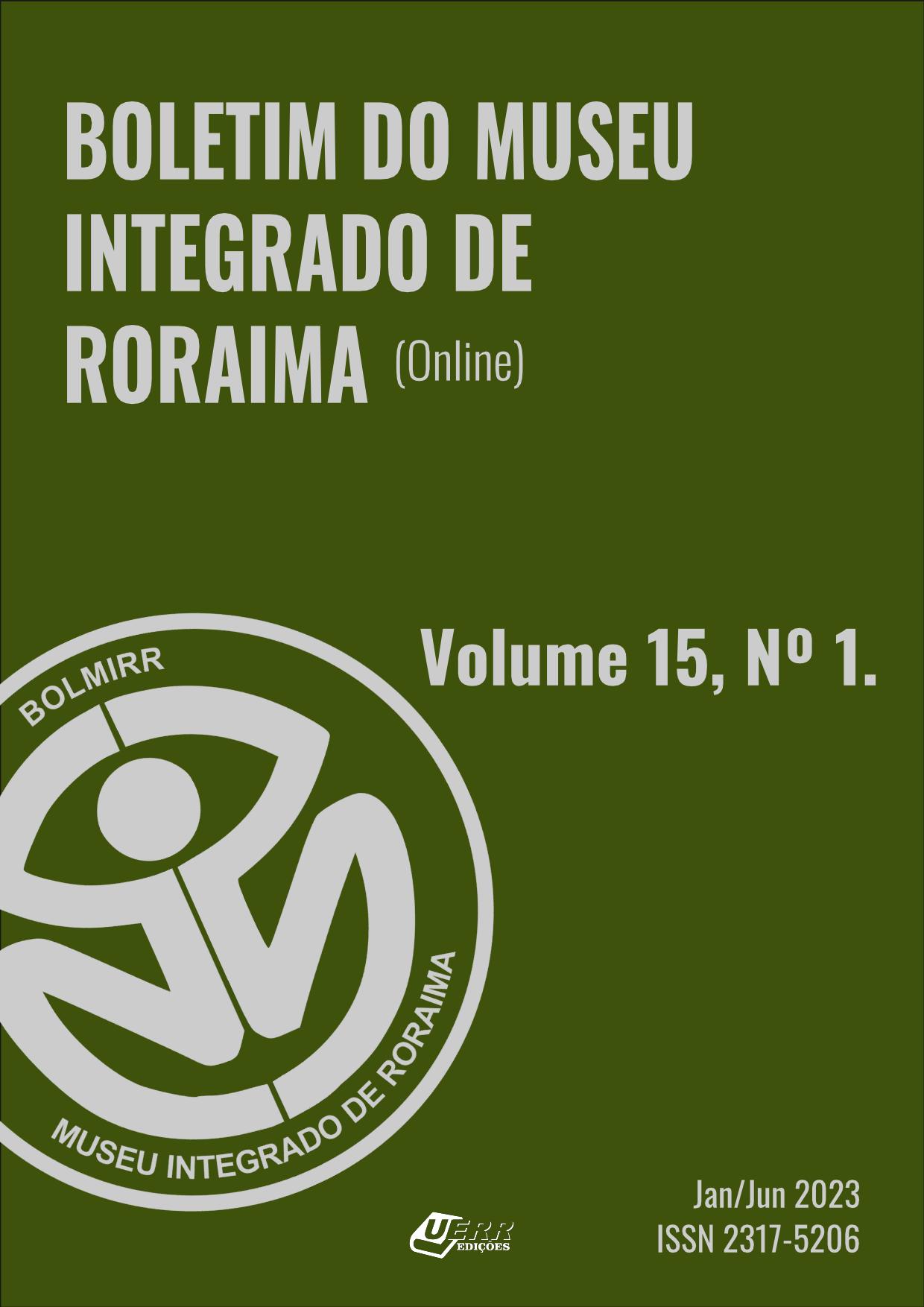Vegetable extracts for Aedes aegypti mosquito larva control
DOI:
https://doi.org/10.24979/bmirr.v15i1.1048Keywords:
Vector control, Natural products, Larvicidal activityAbstract
Studies demonstrate the effectiveness of biopesticides in controlling the Aedes aegypti mosquito. In this sense, this study aimed to evaluate the larvicidal effect of extracts of Allamanda cathartica (L.) Apocynaceae (alamanda), Chrysanthemum morifolium (L.) Asteraceae (chrysanthemum) and Cinnamomum verum (L.) Laureaceae (sweet cinnamon) on A. aegypti mosquito larvae. For the production of extracts, dehydrated plant materials (50 g) were extracted with water (1000 ml) by decoction and maceration for five days with ethanol (90%). The freeze-dried aqueous and hydroalcoholic extracts were diluted in deionized water at concentrations of 100, 500 and 1000 μg/ml and introduced into containers (n =3) containing 20 A. aegypti larvae in the third/fourth larval stage. Larvicidal activity was evaluated 72 h after treatments. The aqueous extracts of C. verum at concentrations of 100, 500 and 1000 μg/ml showed an average efficiency of 83.86%. However, the aqueous and hydroalcoholic extracts of C. morifolium showed strong larvicidal activity with 100% efficiency at all concentrations tested. The findings of this study reveal that C. morifolium and C. verum extracts are promising natural larvicides and can help control the mosquito vector of arboviruses such as dengue, yellow fever, Zika and chikungunya
Downloads
Downloads
Published
Issue
Section
License
Copyright (c) 2023 Gabriela de Mello Tasca, Francis Maira Schabat, Marcia Orth Ripke, Alexandre Lazzari Konflanz, Adriana Carolina Bauermann, Maria Assunta Busato, Walter Antonio Roman Júnior, Junir Antônio Lutinski

This work is licensed under a Creative Commons Attribution 4.0 International License.
Autores que publicam no Boletim do Museu Integrado de Roraima concordam com os seguintes termos:
1) Autores mantém os direitos autorais e concedem ao Boletim do Museu Integrado de Roraima o direito de primeira publicação, com o trabalho simultaneamente licenciado sob a Creative Commons Attribution License que permite o compartilhamento do trabalho com reconhecimento da autoria e publicação inicial neste periódico.
2) Autores têm autorização para assumir contratos adicionais separadamente, para distribuição não-exclusiva da versão do trabalho publicada nesta revista (ex.: publicar em repositório institucional ou como capítulo de livro), com reconhecimento de autoria e publicação inicial neste periódico.
3) Autores têm permissão e são estimulados a publicar e distribuir seu trabalho online (ex.: em repositórios institucionais ou na sua página pessoal) após a publicação no Boletim do Museu Integrado de Roraima.










